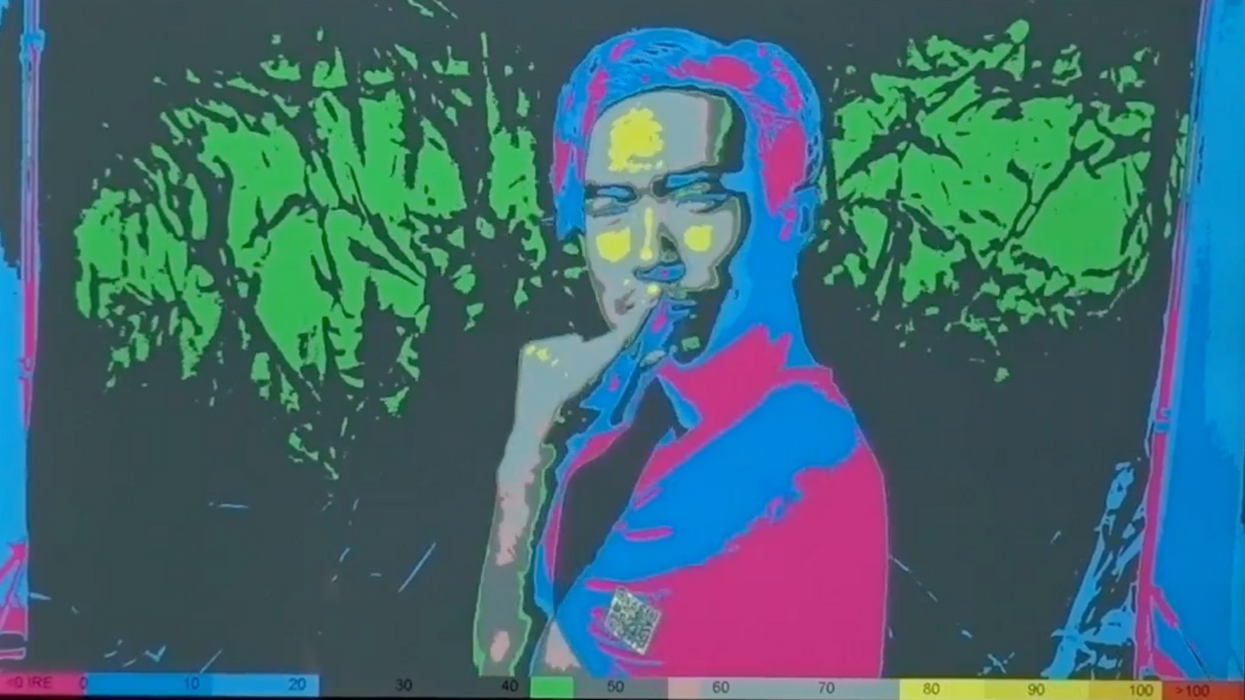Should You Be Using False Color? Here Are 7 Situations in Which You Probably Should
Waveforms, scopes, and other exposure tools are great, but sometimes the only thing that can do the job is false color.

For many of you, the answer to the question posed in the title of this article is, "Of course, you fool. Use false color in every situation!" And I'm over here like, "Yeah, I get it, but..." Histograms, zebra overlays, and waveforms are definitely helpful exposure tools, and waveforms especially have done a great job at showing filmmakers where they have exposure. If you prefer any of these to monitor your luminance, fab! But because false color is powerful enough to show you the specific exposure of different areas in your frame, you might want to, yes, use it all the time, but you might really want to use it in these shooting situations in particular, each of which are explained in the video below by Aputure's Boima Anderson.
So, here's the deal. Some people use waveforms, some use zebras. Some use histograms, some use false color. Hell, some people don't even use scopes. (Just ask Shane Hurlbut how he exposed Act of Valor.) We all know people get testy when you talk smack about their exposure tool or choice. (Probably because they feel...expos...no, never mind. I'm not in the mood for puns.)
But using something to measure your exposure is incredibly important, mainly because you may not be able to trust your monitor to tell you what your image actually looks like. False color is uniquely helpful because it shows you the IRE value of every part of your image, allowing you to see exactly where under/overexposure if occurring.
That kind of information becomes really helpful when you're shooting scenes in which the light intensity varies greatly. You'll be able to 1.) see exactly where your shot is blown out or underexposed, 2.) determine how dark your blacks are, and 3.) be more precise with your lighting, which is a must when lighting something like a green screen. And yes, all of these things would benefit pretty much every shooting situation, but they especially benefit the ones mentioned in the video.
What do you think about using false color to expose shots? Let us know down in the comments.
Source: Aputure












